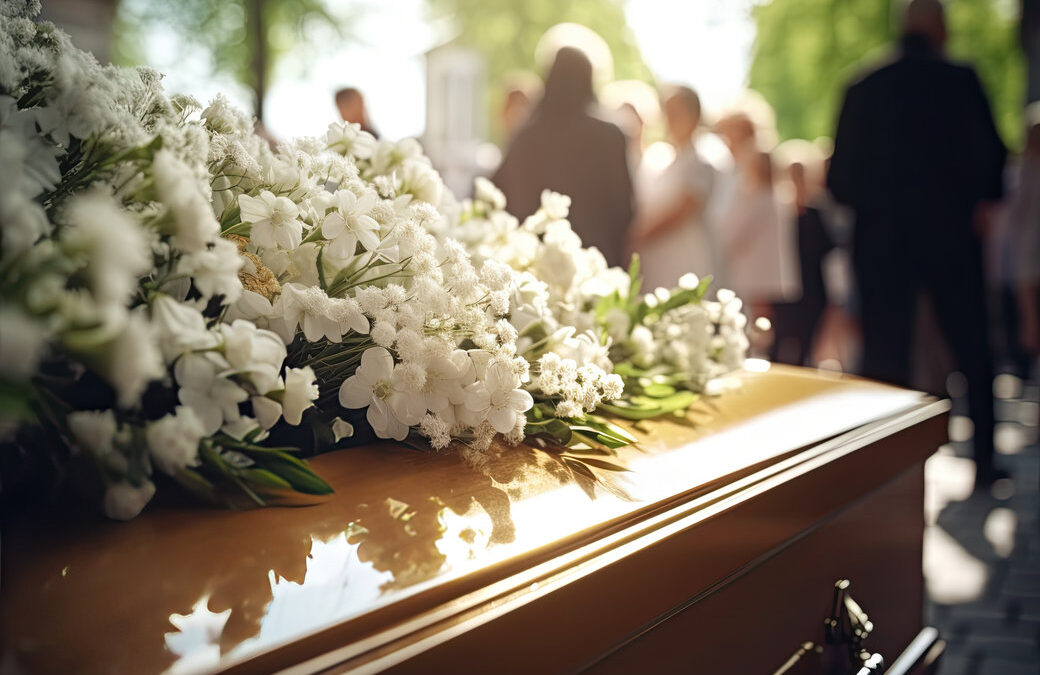Setareh Law
July 8, 2025
Losing a loved one due to someone else’s negligence creates an overwhelming blend of grief and legal complexity that no family should face alone. When pursuing a wrongful death claim, families often encounter unfamiliar legal procedures, with depositions being one of the most crucial yet misunderstood components of the litigation process.
At Setareh Law, we guide grieving families through every aspect of wrongful death cases, including the deposition process. Our experienced attorneys understand that knowledge empowers families during these difficult times, helping them feel more confident as they seek justice for their loved one.
Understanding Depositions in Wrongful Death Cases
A deposition is a formal legal procedure where witnesses provide sworn testimony outside of court. During a wrongful death case, depositions serve as a critical tool for gathering evidence and establishing facts about the circumstances surrounding your loved one’s death.
The deposition process involves attorneys from both sides questioning witnesses under oath. A court reporter records every word spoken, creating an official transcript that may be used later during the trial. This sworn testimony carries the same legal weight as testimony given in court.
Who May Be Deposed in a Wrongful Death Case
Various individuals may be called to give depositions in wrongful death cases. These typically include family members who can speak to the deceased’s life, relationships, and earning capacity. Medical professionals who treated your loved one may provide testimony about injuries, treatment, and the cause of death.
Witnesses who saw the incident that caused death often give crucial depositions. Expert witnesses, such as accident reconstruction specialists or economic experts, may also be deposed to provide professional opinions about liability or damages.
The Deposition Process Explained
Depositions usually take place in an attorney’s office or conference room rather than a courtroom. The atmosphere is more casual than a trial, but the legal significance remains serious. Your attorney will be present to protect your interests and object to inappropriate questions.
The opposing attorney will ask questions designed to gather information about the case. Questions may cover the circumstances of the incident, your relationship with the deceased, and the impact of the loss on your family. You have the right to take breaks if needed, and your attorney can clarify confusing questions.
Preparing for Your Deposition
Preparation is essential for a successful deposition. Your attorney will review likely questions and help you understand what to expect. Being truthful is paramount – never guess or speculate if you don’t know the answer. It’s perfectly acceptable to say “I don’t know” or “I don’t remember.”
Review relevant documents beforehand, including medical records, financial documents, or correspondence related to the case. Dress professionally and arrive early to feel comfortable in the environment. Remember that the opposing attorney may try to make you uncomfortable, but your attorney will protect your rights throughout the process.
How Depositions Impact Your Wrongful Death Case
Depositions serve multiple purposes in wrongful death litigation. They help attorneys evaluate the strength of witness testimony and identify potential weaknesses in either side’s case. The information gathered often influences settlement negotiations, as both parties gain a clearer picture of how the case might unfold at trial.
Inconsistencies between deposition testimony and trial testimony can significantly impact a case’s outcome. This is why honesty and accuracy during depositions are crucial. Strong deposition testimony can strengthen your position in settlement talks or provide compelling evidence if the case goes to trial.
Contact Setareh Law for Wrongful Death Representation
Navigating the deposition process during a wrongful death case requires experienced legal guidance and compassionate support. Our attorneys have recovered over $250 million for injured individuals and their families, with 60 years of combined experience serving those who have suffered losses due to others’ negligence.
At Setareh Law, we handle wrongful death cases on a contingency fee basis, meaning you pay no attorney fees unless we secure a favorable outcome for your family. We’re available around the clock to answer your questions and provide the personalized attention your case deserves. Contact us at (310) 659-1826 or through our contact form to discuss your wrongful death case today.


